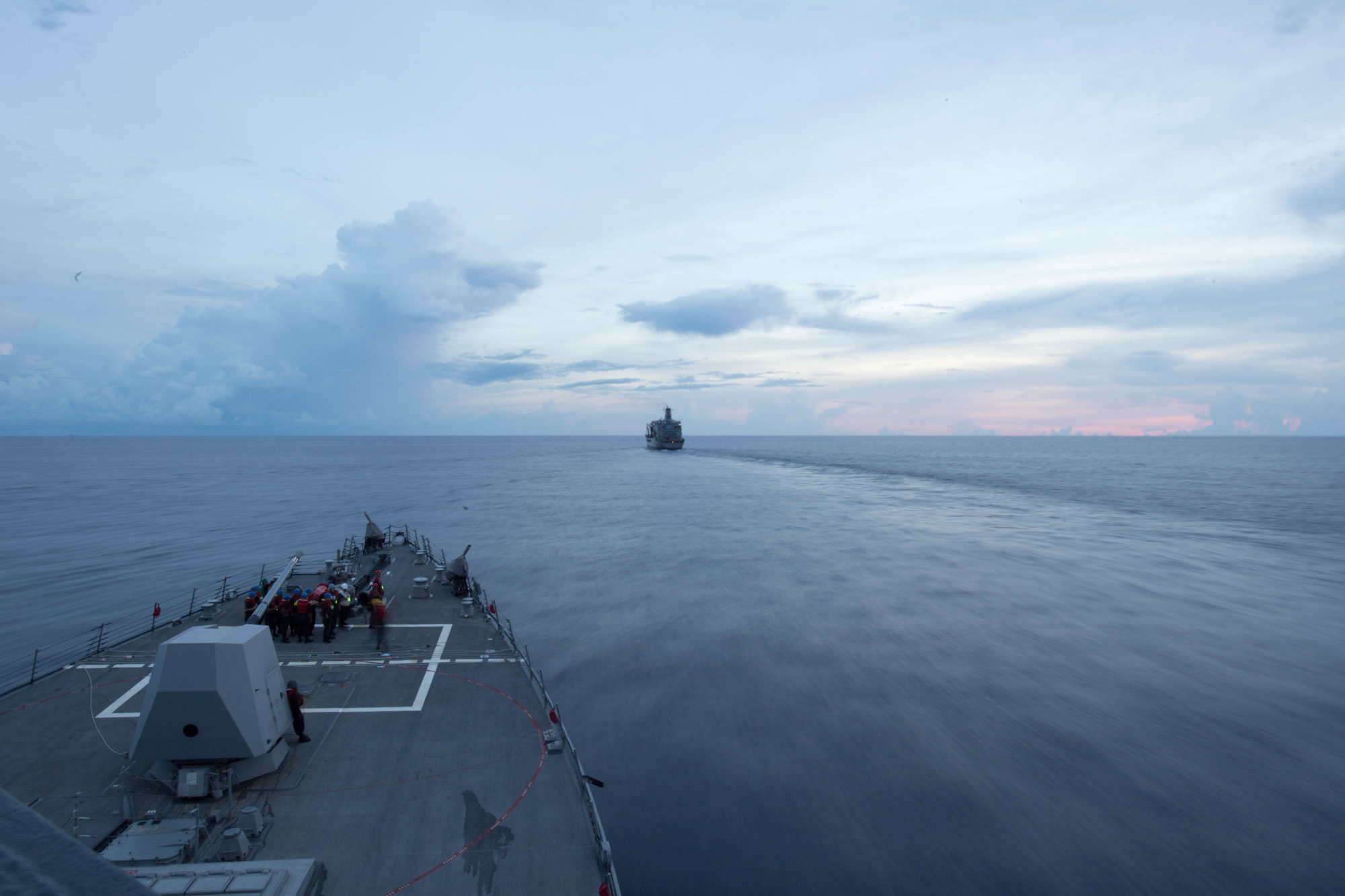There is a big difference between reasoning and rationalization. Reasoning is the use of facts and logic to derive a conclusion regarding a given issue. Rationalization is the use of reasoning to justify a preconceived conclusion. Many countries have rationalized their positions regarding their claims and actions in the South China Sea. Indeed there are no "innocents" — only degrees of rationalization.
For its policies and actions in the South China Sea, China has been accused of being aggressive; bullying other claimants; violating the 2002 ASEAN-China Declaration on Conduct of the Parties in the South China Sea (DOC) as well as international law and norms; militarizing the features it occupies; threatening freedom of navigation; damaging the environment and causing ASEAN disunity.
But China argues that what it calls the Nansha (the Spratlys) and their "adjacent waters" have been under its sovereignty since "time immemorial." According to China's rationalized perspective, the former Western colonies have been stealing its fish and oil and gas in collaboration with outside Western companies and powers.

















With your current subscription plan you can comment on stories. However, before writing your first comment, please create a display name in the Profile section of your subscriber account page.